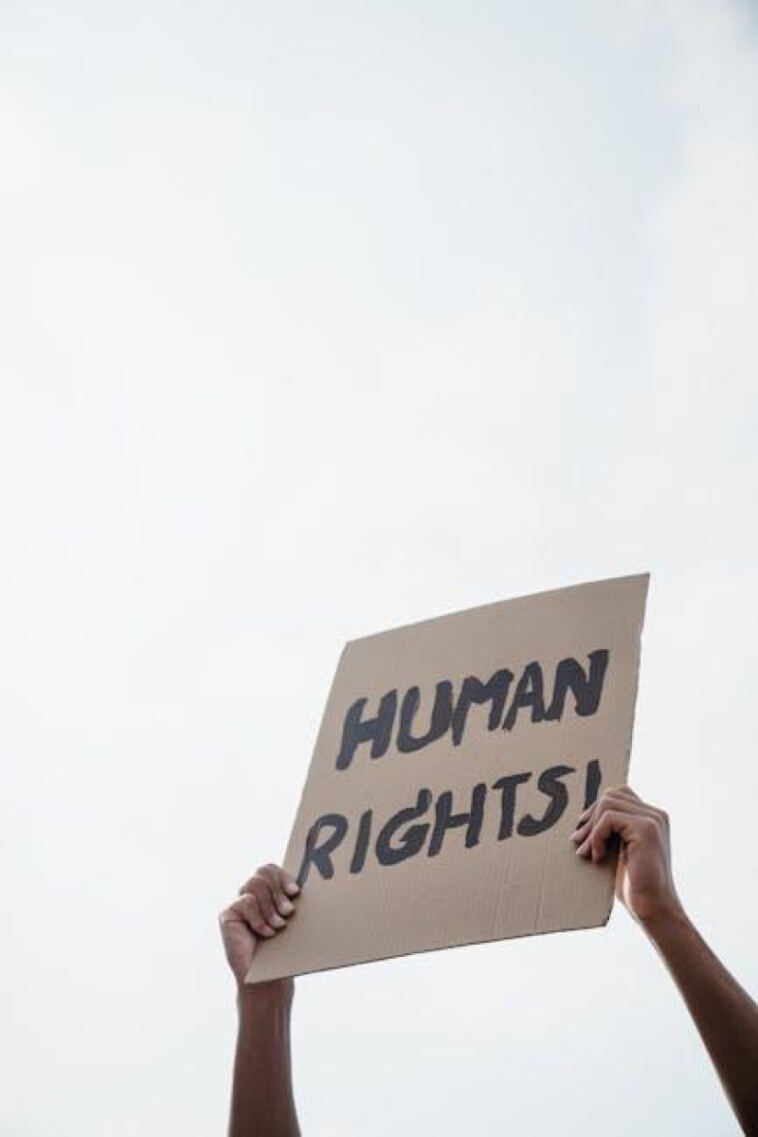- Like
- SHARE
- Digg
- Del
- Tumblr
- VKontakte
- Flattr
- Buffer
- Love This
- Save
- Odnoklassniki
- Meneame
- Blogger
- Amazon
- Yahoo Mail
- Gmail
- AOL
- Newsvine
- HackerNews
- Evernote
- MySpace
- Mail.ru
- Viadeo
- Line
- Comments
- Yummly
- SMS
- Viber
- Telegram
- JOIN
- Skype
- Facebook Messenger
- Kakao
- LiveJournal
- Yammer
- Edgar
- Fintel
- Mix
- Instapaper
- Copy Link
In a world where marijuana laws vary drastically from state to state, finding balance in the scales of justice is a constant struggle. As advocates push for fairness in the application of these laws, the conversation around marijuana legalization continues to evolve. With so much at stake, it’s crucial to explore the nuances of this complex issue and work towards a system that is truly just for all.
Understanding the Historical Inequities in Marijuana Legislation
As we delve into the complexities of marijuana legislation, it becomes evident that historical inequities have played a significant role in shaping these laws. Generations of marginalized communities have been disproportionately affected by harsh penalties for marijuana-related offenses, leading to a cycle of injustice and inequality.
It is crucial to acknowledge the deep-rooted biases and systemic discrimination that have informed the development of marijuana laws. By understanding the historical context in which these laws were created, we can begin to address the inequities that continue to plague our legal system.
Advocating for fairness in marijuana legislation means challenging the status quo and pushing for reforms that prioritize justice and equality. By working towards a more equitable framework for marijuana laws, we can strive to create a system that uplifts all individuals, regardless of race, ethnicity, or socioeconomic status.
Examining the Disproportionate Impact on Communities of Color
Communities of color have long been disproportionately impacted by marijuana laws, facing higher rates of arrest and incarceration for non-violent drug offenses. This inequality in the justice system has led to widespread disparities in education, employment, and housing opportunities for individuals in these communities. It is crucial that we address these injustices and advocate for fairness in marijuana laws to ensure a more just society for all.
One way to balance the scales is by advocating for the expungement of criminal records for individuals with non-violent marijuana offenses. This would give those individuals a fresh start and help to alleviate the long-lasting effects of a criminal record on their lives. Additionally, we must push for policies that promote equity in the cannabis industry, providing opportunities for communities of color to participate in and benefit from the growing legal marijuana market.
By working together to advocate for fairness in marijuana laws, we can help to dismantle the systemic racism that has plagued our justice system for far too long. It is time to prioritize equity and justice for all individuals, regardless of their race or background. Let’s stand up for what is right and work towards a more just and inclusive society for everyone.
Implementing Policies to Address Social Justice and Equity
When it comes to marijuana laws, there is a pressing need for social justice and equity to be at the forefront of policy implementation. Currently, many individuals are facing disproportionate consequences for non-violent drug offenses, particularly in communities of color. By advocating for fairness in marijuana laws, we can work towards balancing the scales and addressing systemic inequalities.
One way to achieve this is through the decriminalization of marijuana and expungement of criminal records for past offenses. This will help eliminate the barriers that prevent individuals from accessing employment, housing, and educational opportunities. By removing the stigma associated with marijuana use, we can promote a more inclusive and equitable society for all.
Furthermore, it is crucial to reinvest in communities that have been disproportionately impacted by the war on drugs. By redirecting resources towards education, job training, and substance abuse treatment programs, we can help address the root causes of drug-related offenses and create a more just and equitable society for future generations.
Advocating for Fairness in Marijuana Legalization Efforts
As the push for marijuana legalization gains momentum across the country, it is crucial to ensure that fairness and equity are at the forefront of these efforts. Advocates for fair marijuana laws understand that the impact of legalization extends far beyond mere access to the plant itself. It is about addressing the historical injustices that have disproportionately affected communities of color and low-income individuals.
Why is fairness important in marijuana legalization efforts?
- It promotes social justice and equity
- It helps to rectify the harms caused by the war on drugs
- It fosters a more inclusive and diverse industry
Achieving fairness in marijuana laws
| 1. Equity Programs | Implementing programs to provide opportunities to those disproportionately affected by marijuana prohibition |
|---|---|
| 2. Expungement of Criminal Records | Clearing the records of individuals convicted of low-level marijuana offenses |
By , we can work towards creating a more just and equitable society for all. It is essential that we balance the scales and ensure that the benefits of legalization are shared equitably among all individuals, regardless of their background or socio-economic status.
Promoting Inclusive and Comprehensive Drug Reform Strategies
As society continues to evolve, it is imperative that our drug reform strategies also adapt to ensure inclusivity and fairness for all individuals. One area that has garnered significant attention in recent years is the need to balance the scales when it comes to marijuana laws. While some states have moved towards legalization for recreational and medicinal use, others still maintain strict prohibitions that disproportionately impact marginalized communities.
Advocating for fairness in marijuana laws means recognizing the inherent biases and systemic inequalities that have historically been perpetuated through drug legislation. By promoting comprehensive reform strategies that prioritize equity and justice, we can begin to address the disparities that have long plagued our criminal justice system. This includes reexamining sentencing guidelines, expunging past convictions, and creating pathways for economic empowerment within communities most affected by the war on drugs.
It is crucial that we engage in meaningful dialogue and collaboration to shape policies that reflect the diverse needs and experiences of all individuals. By fostering a climate of inclusivity and understanding, we can work towards creating a more just and equitable society. Together, we can strive towards a future where marijuana laws are not only comprehensive but also reflective of our collective commitment to fairness and equality.
Q&A
Q: What is the main issue addressed in the article “Balancing the Scales: Advocating Fairness in Marijuana Laws”?
A: The article focuses on the need for equitable marijuana laws to ensure fairness and justice for all individuals.
Q: Why is there a need for advocacy in marijuana laws?
A: Advocacy is needed to address the disparities and injustices present in current marijuana laws, particularly in regards to enforcement and sentencing.
Q: How do unfair marijuana laws disproportionately affect certain communities?
A: Unfair marijuana laws often lead to higher rates of arrests and incarceration among marginalized communities, perpetuating social and economic inequalities.
Q: What are some proposed solutions for advocating fairness in marijuana laws?
A: Some proposed solutions include decriminalization, expungement of past marijuana-related offenses, and equitable distribution of resources in communities affected by the War on Drugs.
Q: How can individuals get involved in advocating for fair marijuana laws?
A: Individuals can get involved by supporting organizations and campaigns working towards fair marijuana laws, educating themselves and others on the issues, and advocating for policy change at the local and national level.
To Wrap It Up
In the ongoing debate surrounding marijuana laws, it is crucial to strive for fairness and equity. By advocating for balanced legislation that takes into account the needs and rights of all individuals, we can create a more just and dignified society for all. Let’s work together to tip the scales in favor of fairness and equality, ensuring that our laws are truly reflective of our values and beliefs.


